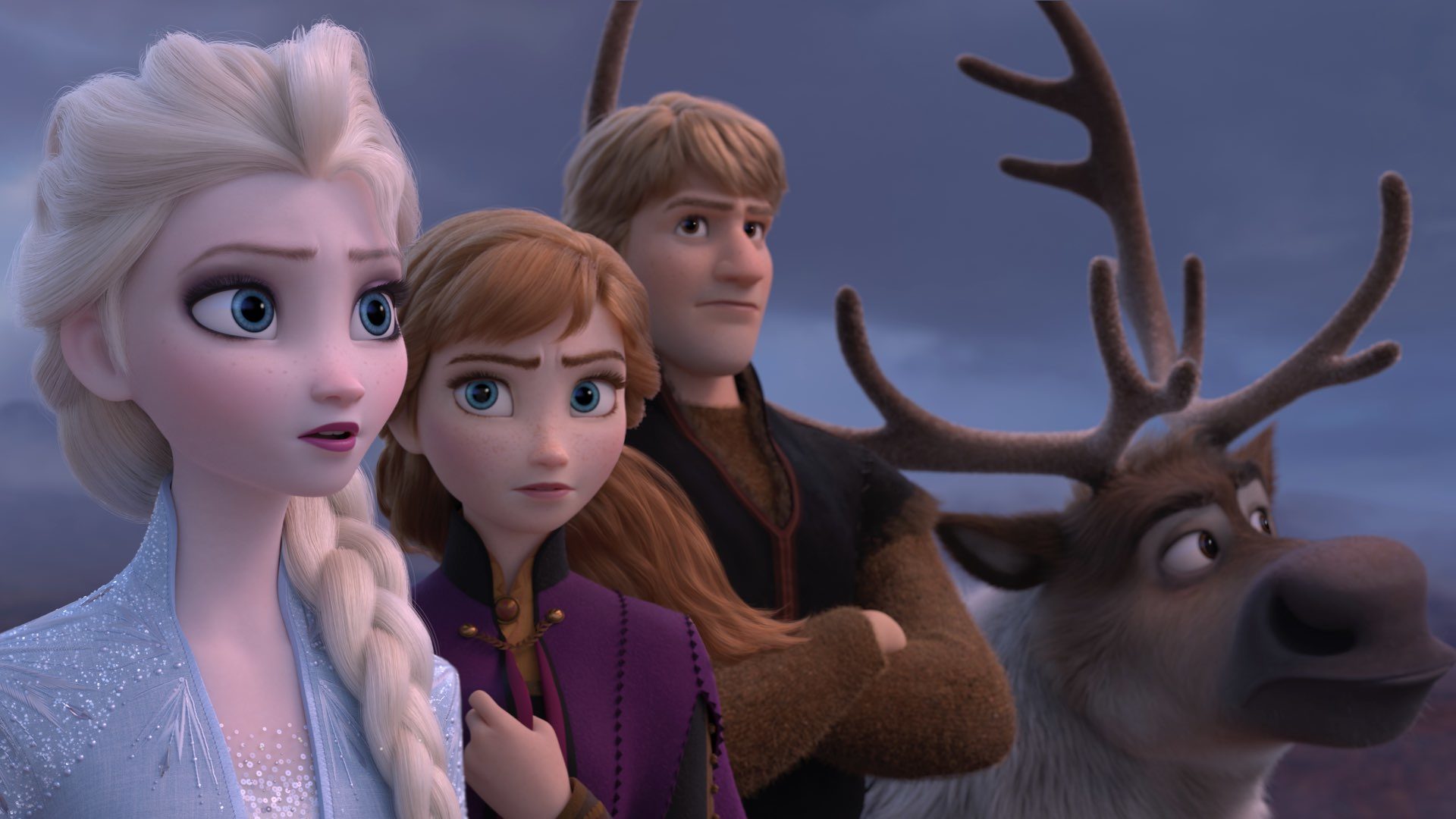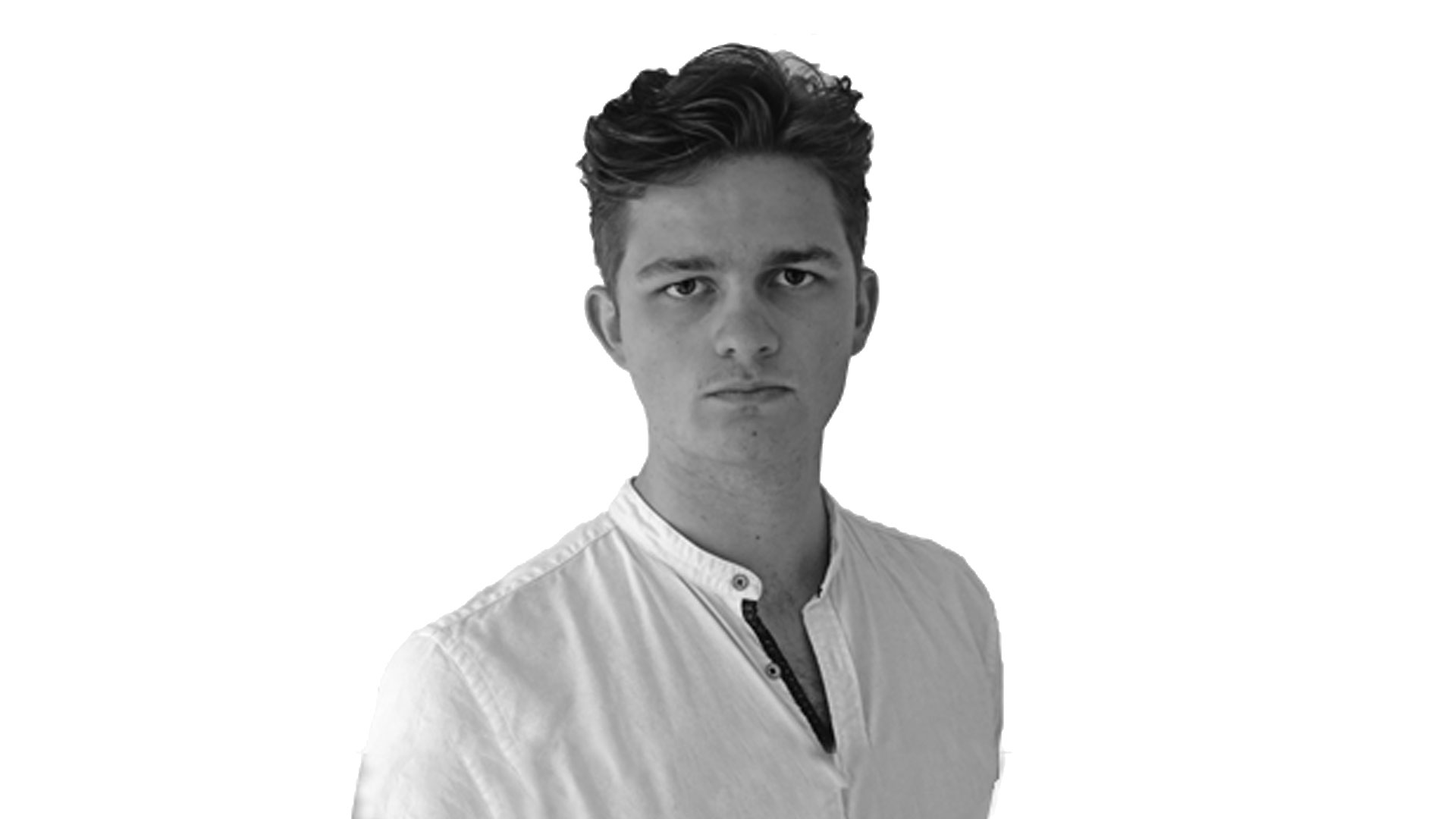Frozen 2 directors discuss pressures of sequel, Olaf's existential crisis, and Kristoff's big ballad
GamesRadar+ meets Jennifer Lee and Chris Buck to discuss Frozen 2

Frozen 2 has reached cinemas and broken box-office records around the world. However, while the sequel's success will surprise no-one, some critics are arguing that the second Frozen film may be better than the original.
So, how did directors Jennifer Lee and Chris Buck pull off such a feat? GamesRadar+ sat down with the pair to discuss Frozen 2, chatting about the pressures they faced tackling such a beloved franchise, and why it was finally time Kristoff got a song. Here's the full Q&A, edited for clarity.
GamesRadar+: When you make a film like this, considering how the first instalment is so rounded, where’s the starting point to create the sequel?
CHRIS BUCK: The starting point is a passion for these characters. You love these characters. And it’s a passion to tell more of their story, and to realise that it’s only just started. We looked at them as part of a graduation day – at the end of the first one. But now the world is kind of calling, and they’re going to have to go out into the world.
So, what is their path? Where do they fit in the world? What do they have to give to the world? That was the initial spark, and our kids are all growing up and are in that same place. So we were living that at home, and we could bring that to these characters.
One of the themes that’s ongoing through the film is about growing up. It feels like you’re addressing that the Frozen fanbase has grown over the last few years. Was that something very much in the forefront of your mind, then, when creating this story and the songs?
JENNIFER LEE: As Chris said, it more comes from our family. We’re trying to be careful with anticipating the fans, versus what the story needs.
Sign up for the Total Film Newsletter
Bringing all the latest movie news, features, and reviews to your inbox
Having said that, we looked at things through the lens of fear and love, and fear of change. We had the fear of being different, the fear of growing up, the fear of this world that makes us not act, and having these women who have to step into it, and have to move forward.
It was more: what are the things we struggle to cope with ourselves, that we haven’t seen, and that the characters will absolutely be facing? Particularly with Elsa. She's been accepted for her powers, but why does she have them? What is she meant to do with them? How is she going to live with that gift in the world? A lot of people feel that when they have a passion inside.
So, for us, it was more organic, but also relating in life to what were struggles – and our struggles – for all of us, but particularly with our children.
Read more: Idina Menzel talks Elsa, being a Disney Princess and going "Into the Unknown"
The first one was such a colossal success – did you feel that pressure to deliver something for the fans?
CHRIS BUCK: We were aware, obviously, of the pressure. It’s interesting that the first film, for lack of a better term, had a snowball effect, and just kept growing and growing. But we had already started on the second one. So the pressure was more in the story room. We stayed inside there, and didn’t try to listen to what was going on outside, and what was true to the characters. In a way, the characters kept telling us the story that needed to be told.
JENNIFER LEE: Sitting here now, as it’s rolling out, there’s butterflies. I think we never were comparing them, or like “topping”, or looking at it that way, because that’s not how you tell a story. The hope we have is that the ending, and this journey we take them on, that the fans will be satisfied, and that it does feel like we’ve stayed true to these characters – that they get as surprised as we are by them, and that it still feels tonally and emotionally and thematically like Frozen.
We know we have our own kind of villain, which is thematic. We know those things that make Frozen just… Frozen. And that we still stayed at least true to those, because we believe in those, for these characters. I think there was that hope. But also knowing that we’re making some crazy choices for them, and other people feel they have ownership of them too, and that we can’t— well, we’ll see what happens [laughs]. You can’t always reconcile.
You weren’t told while filming, then, that you needed another big song like “Let It Go”?
JENNIFER LEE: We told each other that the danger would be trying to replicate it. Because accepting and embracing “Let It Go” for what it is... there’s no greater feeling than that rebellious moment where you break through. But as we all know, there are other important things in life, which is: “OK, now, how do you act in a world?”
That’s a flawed moment, because it’s like, “Yeah, you’re alone in a nice palace.” This is into the unknown; a dare to act and show yourself. She’s arriving on a song. It’s how you persevere when you’ve lost everything that you ever thought could keep you going.
Those are more true to these characters now. I always felt like our job was to stay there, and let the songs evolve for what they need to be, and trust in them. And there may never be a “Let It Go”, but “Let It Go”, we all know, is that rebellious moment you only get that a couple of times in life [laughs]. And it’s a great moment when you get it. But there are other really significant emotions that deserve songs, too.
One of the funniest characters is Olaf, again. This time he's comedic in a way that was very funny to adults in the audience with these existential jokes. It feels like you were going through an existential crisis while writing—
JENNIFER LEE: Daily! [laughs] It’s funny, because the word “existentialism” didn’t exist in the 1850s. So we had crises of existence. We were playing with the ways to talk through Olaf's journey. He wonders, "Is that thing?" We watched our kids go through those moments of waking up to a world that is bigger and not as perfect and not as easy. That’s part of growing up, too.
So with him, we’re doing that from an existential place. It was always really just delicious.
Another very funny moment is when Kristoff finally gets his song. A lot of people have been talking about it online. What went into that '80s inspired ballad?
JENNIFER LEE: We lived in ‘80s ballads when we were in high school [laughs].
CHRIS BUCK: And the original passion for that was because we could not get a full song of Kristoff’s in the first film. He got a little ditty.
JENNIFER LEE: It was hard for him to express himself. It was an interesting thing.
CHRIS BUCK: It took him six years.
JENNIFER LEE: And even then, we had to go into his head to do it. I was loving that when he could speak his true emotions, it would be with all the passion of a big ‘80s ballad. There’s nothing like that – that cry out for love. So you really knew he loved her. I think him being able to do that song, with the support of Sven, allowed him to become the extraordinary on-point guy he is.
He does right by Anna. He is a hero to me, in that way, and he is finally able to do what he wants, you know, the most.
Frozen 2 is in cinemas now.

Jack Shepherd is the former Senior Entertainment Editor of GamesRadar. Jack used to work at The Independent as a general culture writer before specializing in TV and film for the likes of GR+, Total Film, SFX, and others. You can now find Jack working as a freelance journalist and editor.


